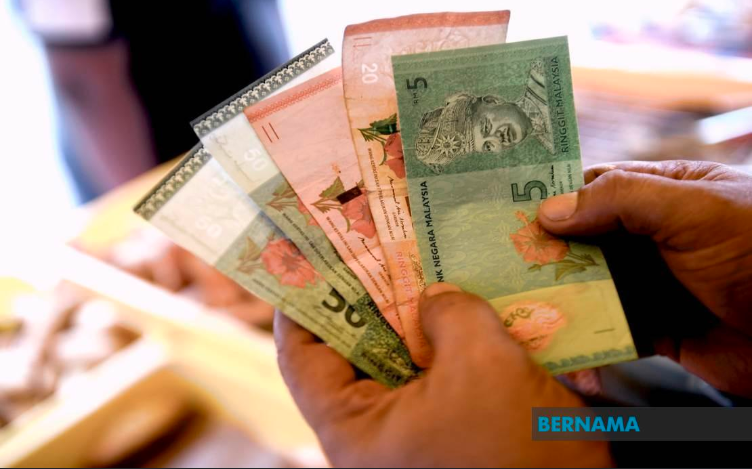GOVT NEED TO GENERATE MORE REVENUE TO SUPPORT INCREASED SPENDING ON SALARIES, BENEFITS - RHB RESEARCH

RHB Research said the increased emolument spending from civil servants' salary hike could be funded through higher revenue collection, savings from operating expenditure (OE) rationalisation, as well as higher government borrowings.
In a note, the research house said given that a significant portion of OE is dedicated to emoluments, rationalisation of subsidy expenditure and implementation of new tax measures are necessary to offset the increased operational costs and manage the national debt.
It noted that the civil servants' remuneration would be increased by at least 13%, effective 1st December, 2024. The salary increase is projected to cost over RM10 billion per year.
“Assuming that the allocation for emoluments is increased by RM10 billion in 2025, the total allocation for emoluments for that year is projected to be at least RM105.6 billion versus RM95.6 billion projected for 2024,” it said.
RHB Research said there is a potential shortfall of approximately RM4 billion after accounting for potential revenue sources (revision in services tax, low-value goods tax (LVGT) and high-value goods tax (HVGT) collection), as well as savings from fuel subsidy rationalisation.
Based on the recent development, it said an additional RM3.2 billion is expected from the higher services tax revenue collection and LVGT implementation.
The revision in services tax from 6% to 8% on 1st March, 2024, is projected to generate an additional revenue of RM3.0 billion.
Meanwhile, the implementation of LVGT on 1st January, 2024, is estimated to generate a revenue collection of RM0.2 billion for the first year of implementation.
In addition, the proposal for a HVGT could generate an extra revenue of RM0.7 billion per year should it be implemented, however, the implementation, which is set to take effect on 1st May, 2024, has been delayed.
RHB Research said the complete removal of diesel subsidy would lead to a potential savings of RM8.95 billion per year.
Meanwhile, the potential savings from the complete removal of the RON95 subsidy would contribute to a savings of RM13.7 billion.
At the time of writing, no final decision has been made on when Malaysia will implement fuel subsidy cuts.
